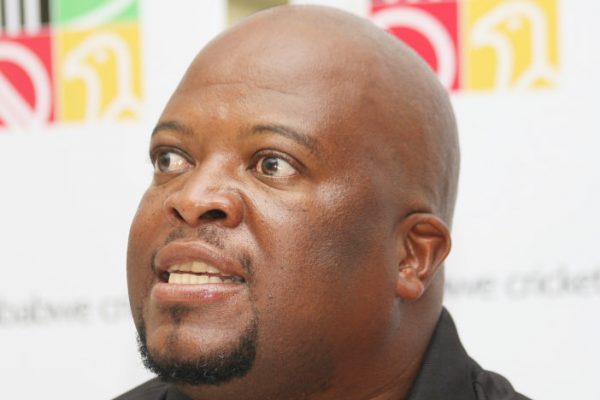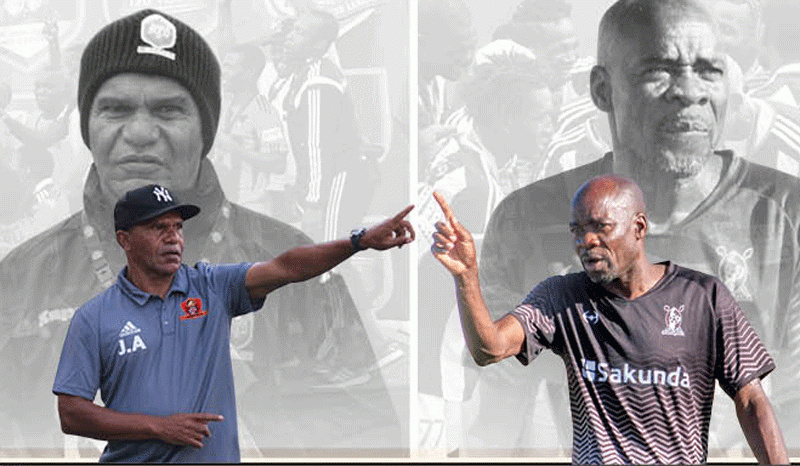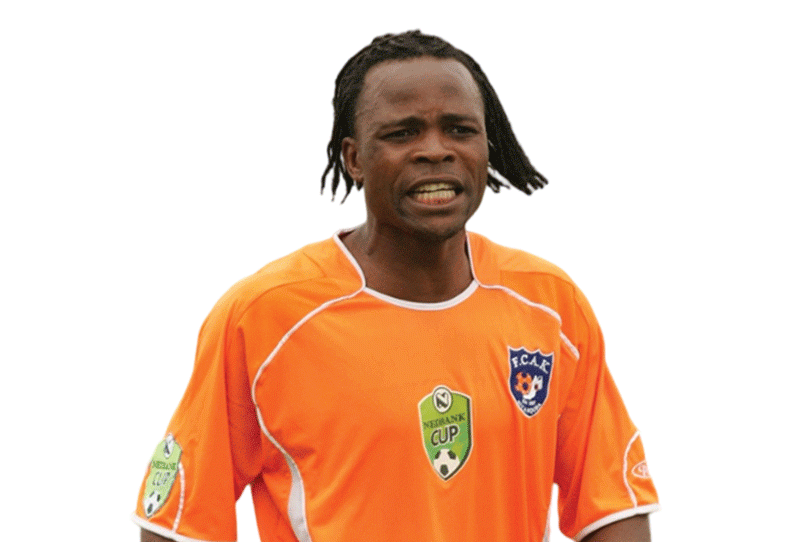
TAURANGA — “It’s in the gutter, to be honest.” That’s how Stephen Mangongo, Zimbabwe’s coach in the Under-19 World Cup, describes his country’s school cricket system. Only five serious cricketing schools, just seven 50-over matches a year, and no multi-day games. With such a system at the grassroots level, talented young cricketers from Zimbabwe are beginning to look for better opportunities in other countries.
Wisden India
“It’s in the gutter,” repeats Mangongo, ahead of his team’s heavy defeat in Tauranga on Friday.
“The main challenge is our school system, which we always rely on to tap on talent — the level of cricket has gone down, they play just seven 50-over games the whole year. That is it. No two-day or three-day games, nothing. That scenario is not ideal.
“Because of lack of enough cricket, talented youngsters move to South Africa. There, they play a minimum of 50 games in a year.
Some play in England for the same reason.”
But over the last year, Zimbabwe have managed to pull back players to their country. The senior team has benefitted with Brendan Taylor and Kyle Jarvis returning, while the Under-19 team has had its share of similar cases too.
“They’re still Zimbabweans. It’s our endeavour and vision to identify talent; Hamilton Masakadza and Brendan Taylor are in their mid-30s. They aren’t going to be there for long,” says Mangongo, who has also been the coach of the senior side in the past.
- Chamisa under fire over US$120K donation
- Mavhunga puts DeMbare into Chibuku quarterfinals
- Pension funds bet on Cabora Bassa oilfields
- Councils defy govt fire tender directive
Keep Reading
“It’s Zimbabwe Cricket’s [ZC] duty to identify players now, so that they can graduate to international cricket in the next three to four years. It’s a sustained programme to go into South African schools and identify Zimbabweans. We’ve got Ton Harrison, who was the best offspinner in South Africa but is playing for us now. We’ve got Alistair Frost, who is a batting allrounder from one of the top schools in South Africa, Hilton College. We’ve got Donald Mlambo, based in UK doing his education there. We’ve gone all out to search for any available talented Zimbabweans to be part of the programme.”
According to Mangongo, convincing the young players to return to their roots was easy as it gave them a chance to play for the country’s age-group sides. Sustaining them in the system, though, was a different ball game altogether.
“It’s a massive challenge, we can’t hide that fact. It’s difficult,” he concedes. “A talented cricketer wants to play enough cricket. If they come back and don’t play first-class or for Zimbabwe A, youngsters will look elsewhere. ZC are trying to ensure there’s enough ‘A’ cricket or first-class cricket so that talented youngsters realise their dream. The talent is there, though.
“Look at England, the number of South Africans who play for them, it’s the same with New Zealand. We’ve got [Colin] de Grandhomme from here [Zimbabwe] who plays for New Zealand. Smaller counties like Zimbabwe are up against it, always losing players. We can’t run away from that. We’re doing all we can to ensure talented cricketers come into the U-19 structure. There’s an academy set up run by Tatenda Taibu. So there is a pathway from U-19 to academy, first-class cricket and A-side cricket.”
In such a scenario, Taylor’s return to the system after leaving Zimbabwe following the World Cup 2015 for Nottinghamshire has come as a massive boost.
“It’s a show of confidence,” says Mangongo. “It’s a massive indicator to a lot of youngsters who have grown up idolising and watching Taylor on TV, following him on county cricket in UK. It also tells the youngsters ‘Wow, Brendan is back. It gives me hope to continue playing cricket’. Because if a seasoned player can make a decision to come back and play for Zimbabwe, then the youngsters who want to dream, who want to play cricket seriously in the country, they start to believe in themselves that it can be done.
“Funds, matches being cancelled — players have genuine fears. It becomes a big irritation and worry for any serious cricketer.
Their job is to play, evolve and move to the next stage. The stop-start becomes a real threat to serious cricketers but I’m sure Zimbabwe Cricket is trying its level best. Brendan Taylor or Kyle Jarvis wouldn’t come back if cricket in the country wasn’t on a revival path.”











